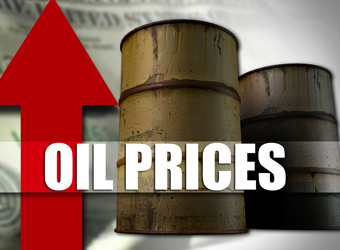It has been a troubled week for oil prices, which fell to below the $50 a barrel threshold for the first time this year. However, the cost of a barrel of oil could jump to $60 by the end of this year, if OPEC countries decide to extend their output cut agreement, an analyst told CNBC.
“We could see WTI go down into the mid-40s but we do still see that rebalancing story intact. Fundamentals haven’t changed dramatically this week,” Richard Mallinson, geopolitical analyst at Energy Aspects, told CNBC on Friday.
“If OPEC extends the deal, we see prices above 60 before the end of the year,” he added.
Oil prices dropped significantly on Wednesday and Thursday after th
e Energy Information Administration said that U.S. inventories rose by 8.2 million barrels last week. But the main driver for the fall was comments by the Saudi Energy Minister Khalid al-Falih.
“I think the immediate trigger was comments by the Saudi Arabia minister this week. He said that it wasn’t guaranteed that OPEC would rollover its production cuts deal to the second half of the year and the market had taken that for granted,” Mallinson said.
Last year, OPEC members agreed to cut output by 1.2 million barrels a day starting in January to revamp oil prices. Other oil-producing nations joined a few weeks later, agreeing to remove 558,000 barrels a day of crude oil from the market.
The agreement is in place for the first half of 2017.
Marc Kofler, research analyst at Jefferies, told CNBC that we’ve seen “a reality check over the last few days.”
Oil prices recovered on Friday with Brent crude above $52 and WTI trading at $49.50.
Source: CNBC
